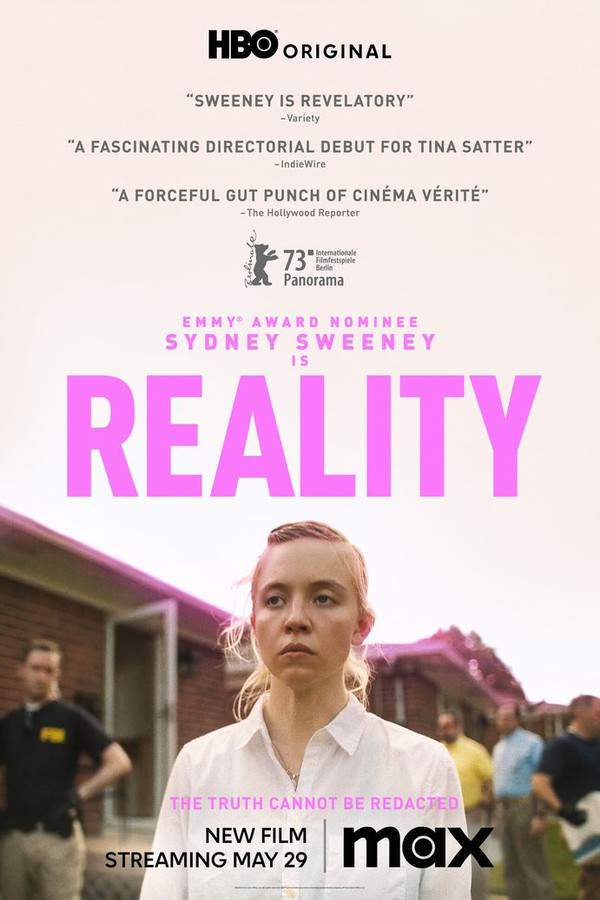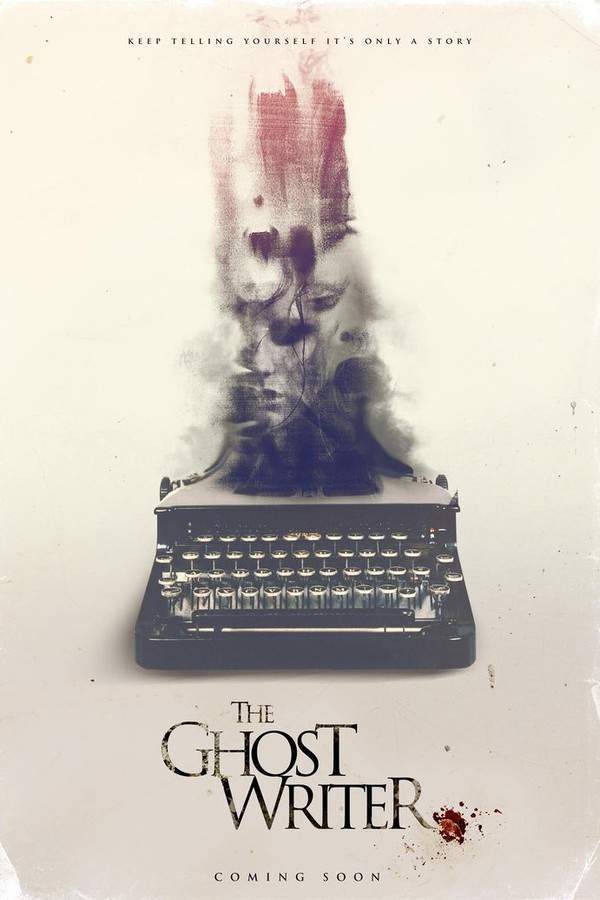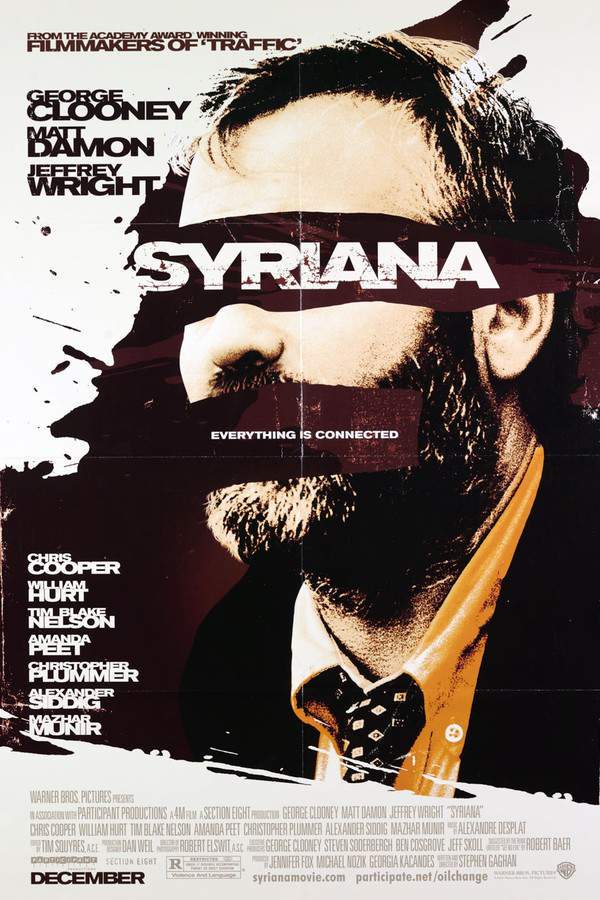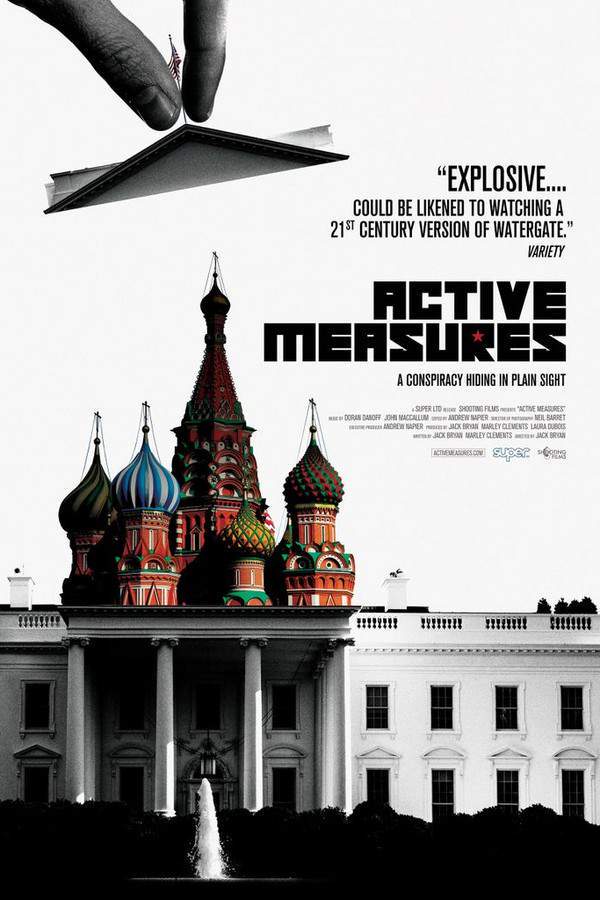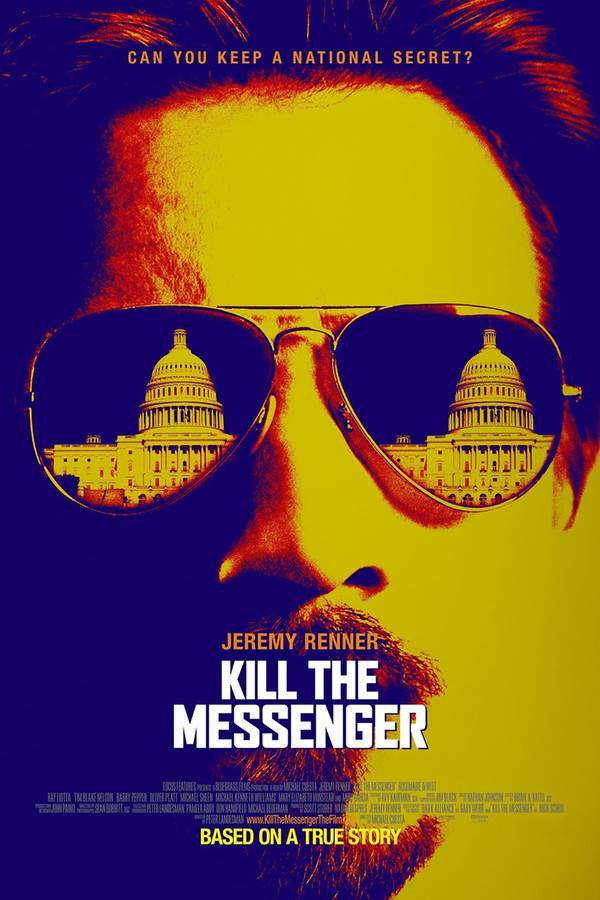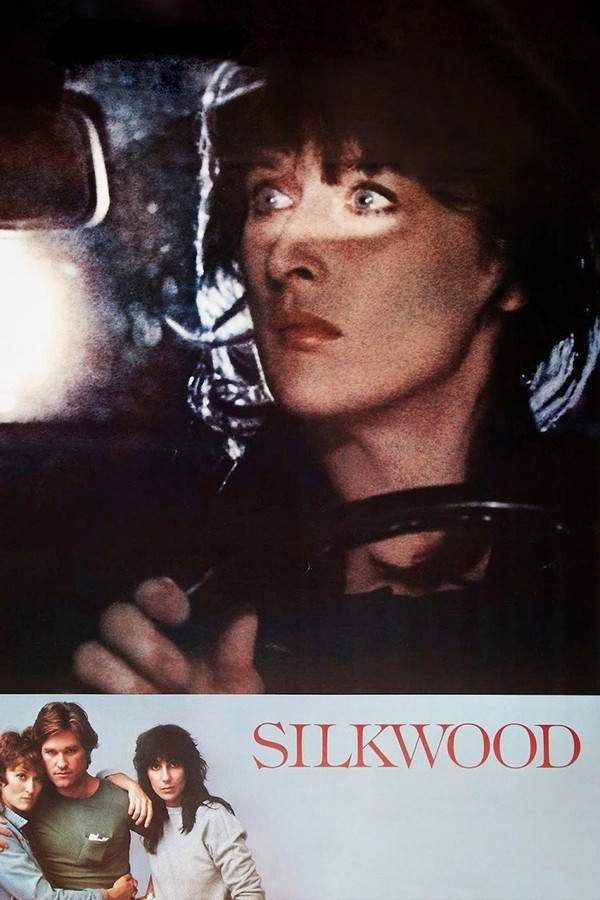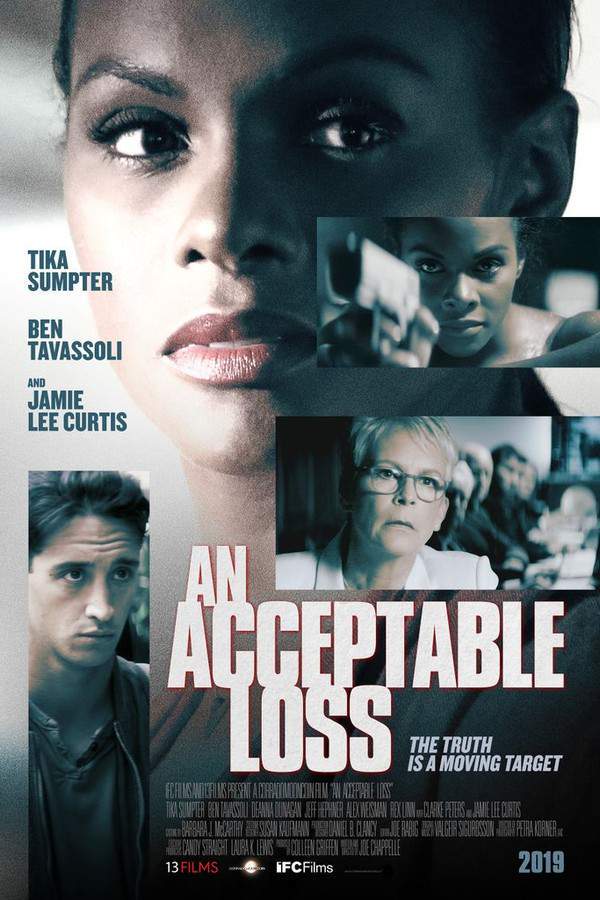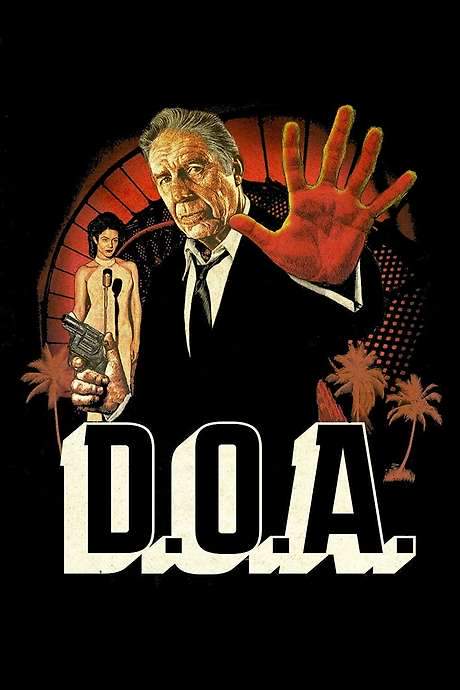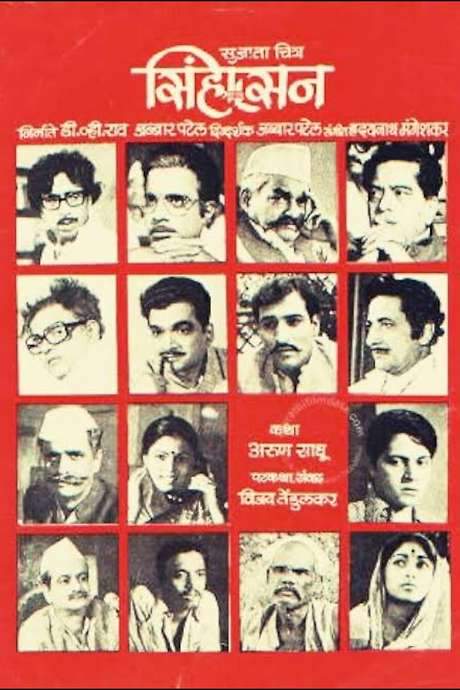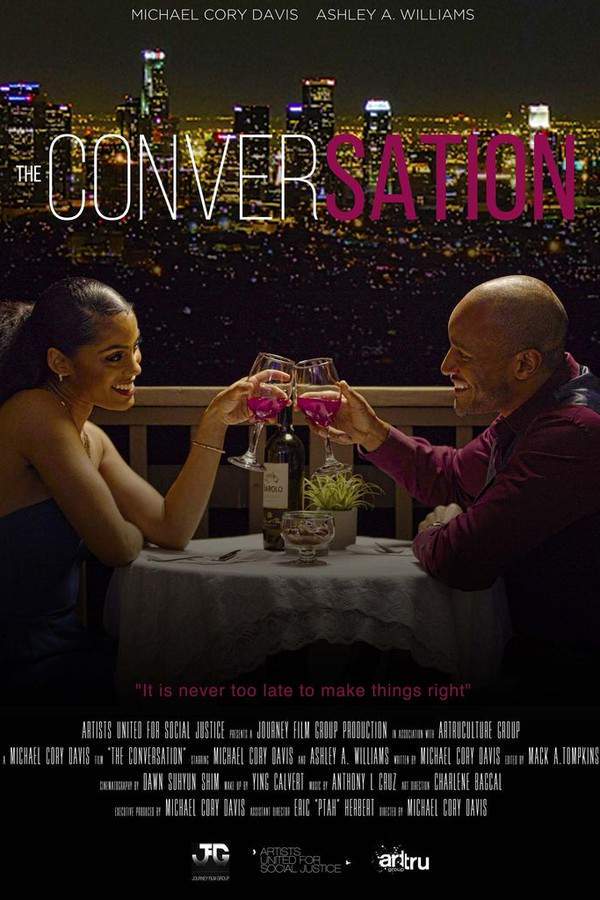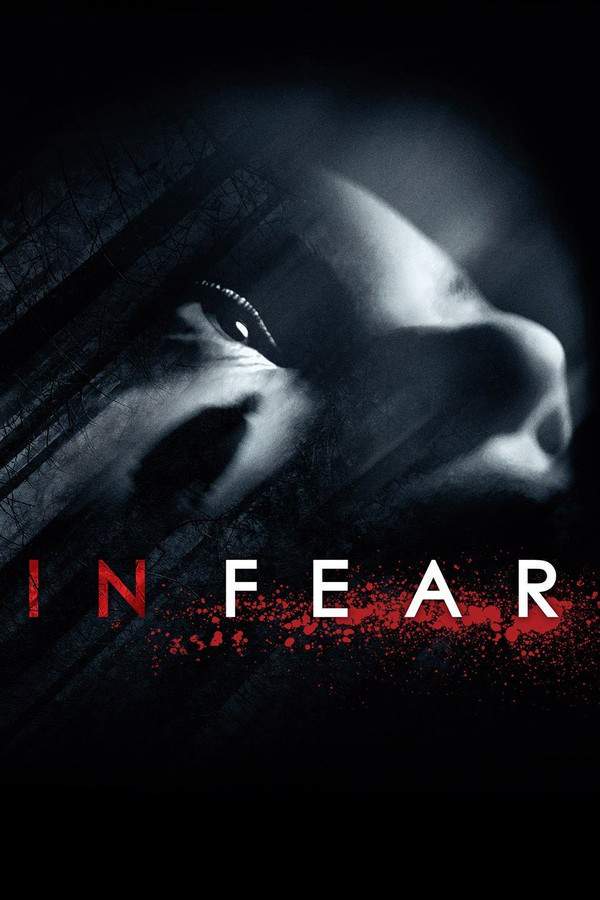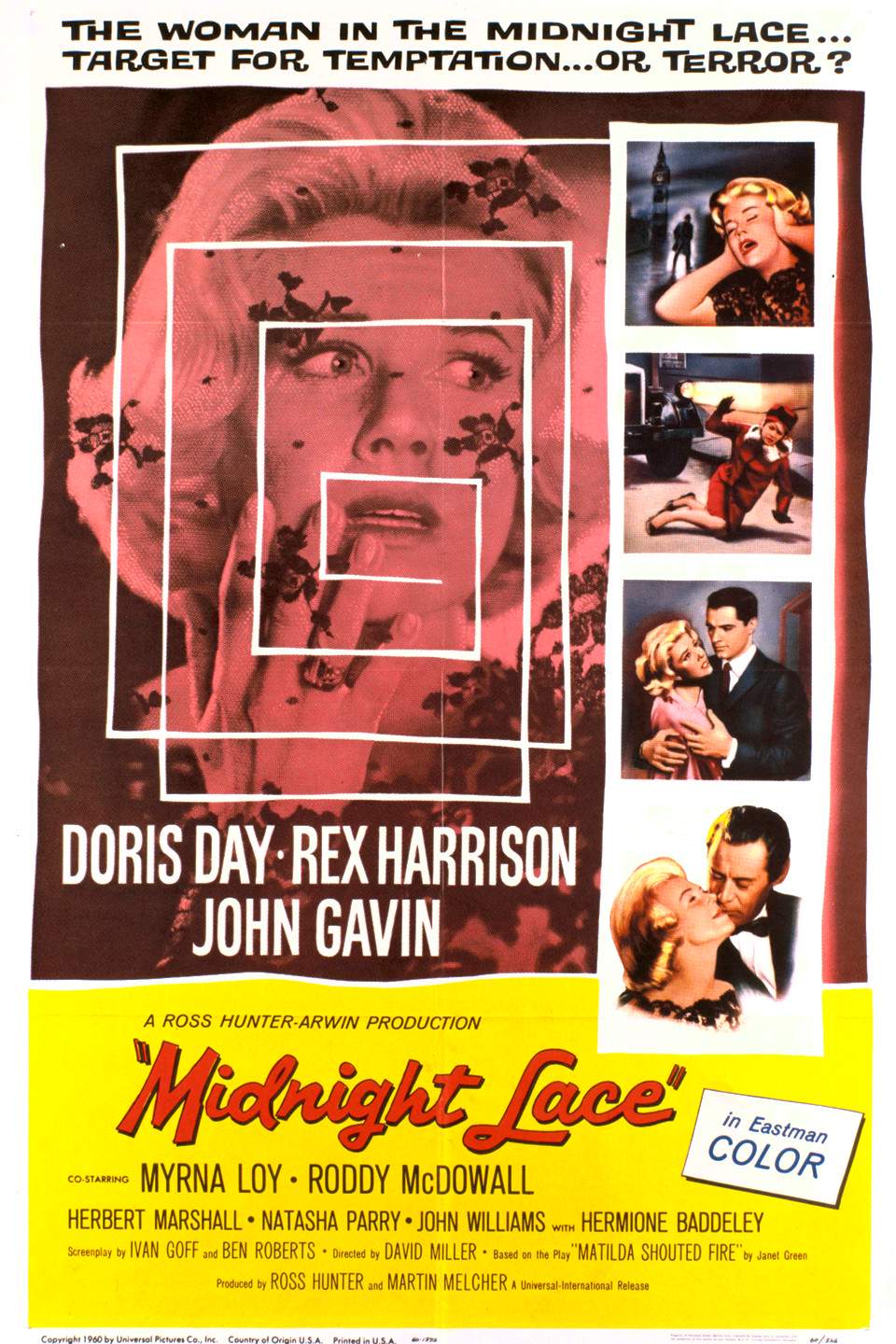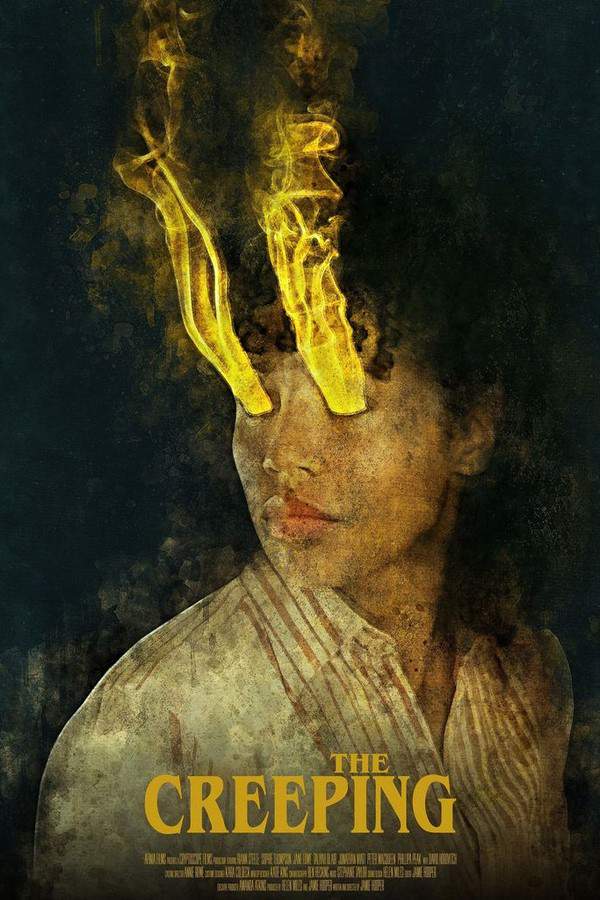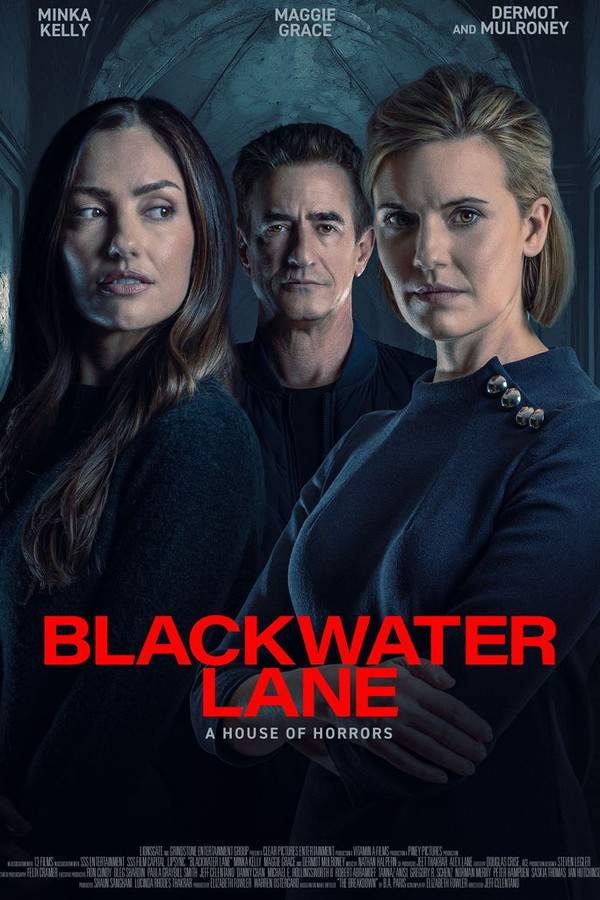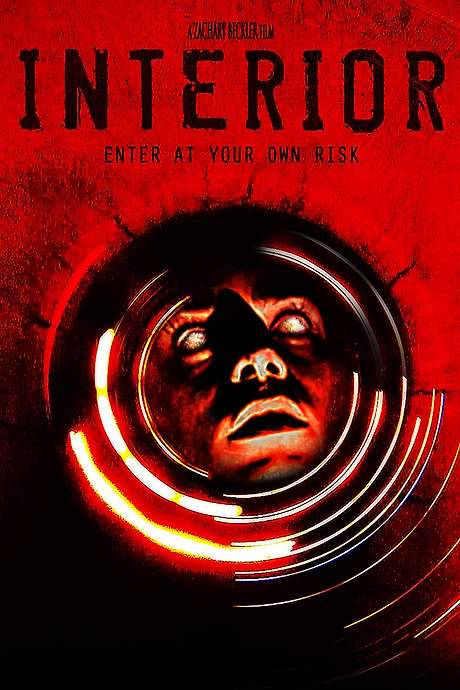
Two Prosecutors
During Stalin’s Great Terror in 1937, a young prosecutor uncovers a desperate letter from a prisoner. The discovery leads him to question the established system and sparks his determination to challenge it. He must navigate a dangerous political landscape while seeking justice and confronting the pervasive corruption of the era.
Warning: spoilers below!
Haven’t seen Two Prosecutors yet? This summary contains major spoilers. Bookmark the page, watch the movie, and come back for the full breakdown. If you're ready, scroll on and relive the story!
Two Prosecutors (2025) – Full Plot Summary & Ending Explained
Read the complete plot breakdown of Two Prosecutors (2025), including all key story events, major twists, and the ending explained in detail. Discover what really happened—and what it all means.
Kornev Aleksandr Kuznetsov is a young Soviet prosecutor who has just graduated from law school in 1937, during the height of Stalin’s Great Purge. He stumbles upon a letter from a prisoner in Bryansk that hints at deep corruption within the NKVD, and his sense of duty pulls him toward the prison to understand what is really happening beneath the surface of local justice. Through his oversight role, he secures a sanctioned visit and steps into a world where loyalty and fear intertwine.
There, he meets Stepniak Aleksandr Filippenko, an imprisoned Old Bolshevik and local party stalwart. Stepniak earns Kornyev’s trust by recalling a lecture he gave about truth and Bolshevism at Kornyev’s own law school days. The old man’s voice, raw with history, challenges Kornyev to see beyond the official narrative and consider the consequences of wrongful convictions and illegal actions carried out against loyal citizens who resist the NKVD’s corruption. Stepniak’s confession is stark: he bears torture wounds from years past and begs Kornyev to report the truth all the way to Stalin and the Politburo. As Kornyev leaves, a keen-eyed prison official, watching from a distance, makes a dismissive phone call that hints at the way power also watches and weighs his every move.
Kornyev’s journey grows heavier as he travels to Moscow by train, a journey meant to be a respite but instead becomes a live theater of doubt. He is repeatedly awakened by a peglegged First World War veteran—nicknamed for his wooden leg—who insists with a stubborn insistence that he once met Lenin in Smolny and now seeks alms from Stalin. The veteran’s stories blur the line between myth and memory, pressing Kornyev to reconsider who holds the true power of testimony in this shifting political landscape. Aleksandr Filippenko lends the veteran a chilling human edge, echoing Stepniak’s plea with a different kind of testimony.
In the Procurator General’s office, Kornyev must navigate a labyrinthine bureaucracy that test his resolve. He makes an earnest plea to Vyshynsky’s secretary and finally secures an appointment with Vyshynsky, the Procurator General Andrey Vyshinsky in name and power during this era. He presents not only Stepniak’s blood-streaked letter but also the volatile truth he fears lies hidden in Bryansk. Vyshynsky speaks with a cold, procedural calm: without strong documentary evidence, his office cannot open a formal inquiry into the NKVD. He advises Kornyev to return to Bryansk with new documents that could bolster any potential case, and with that, he sends him back to the front lines of bureaucratic war. The exchange is not triumphal; it’s a reminder of how fragile the thread connecting truth to action can be under a regime determined to suppress it.
On the return leg, Kornyev shares a train car with two men, Vasily and Petya, who introduce themselves as engineers and raise toasts to Soviet law while strumming a guitar in a moment of fragile camaraderie. Their casual bravado contrasts with the gravity of Kornyev’s mission, underscoring the daily rituals of life that persist even as the state tightens its grip. When the train reaches Bryansk, a tense ride unfolds as Vasily and Petya accompany Kornyev toward his destination, but Petya’s aggressive curiosity about Kornyev’s personal life intrudes with a disconcerting question about his virginity, hinting at the darker, intimate pressures that accompany political peril. The trio then parts ways, but a chilling realization follows: Vasily quietly states that Kornyev is under arrest, and the car rolls forward into the heart of the prison complex.
As the car enters the compound, the atmosphere shifts from cautious inquiry to immediate danger. Kornyev’s pursuit of truth collides with the coercive machinery of the state, and the story follows him into the bowels of a system that can bend law, memory, and conscience to its will. The juxtaposition of Stepniak’s steadfast moral clarity and Kornyev’s cautious, methodical approach reveals a portrait of a society in which the line between courage and peril is razor-thin. The film’s pulse is steady and restrained, letting the weight of every choice—the plea to the Politburo, the wordless warnings from officials, the fragile trust between lawyer and prisoner—shape a narrative that is as much about danger as it is about truth.
The journey through Bryansk and Moscow underscores a larger meditation on power, loyalty, and the cost of seeking justice under a regime that demands conformity. In scenes that blend meticulous procedural detail with intimate human storytelling, the film builds a quiet but unrelenting tension. Kornyev’s determination to bring Stepniak’s letter to light persists despite the obstacles, even as the surrounding world signals that the road to accountability is both treacherous and uncertain. The last moments on the train and the cold arrival at the prison gates leave a lasting sense of foreboding—an emblem of the era’s fragility where every whispered truth can awaken a chain of consequences that reaches far beyond Bryansk.
Last Updated: October 01, 2025 at 13:07
Explore Movie Threads
Discover curated groups of movies connected by mood, themes, and story style. Browse collections built around emotion, atmosphere, and narrative focus to easily find films that match what you feel like watching right now.
Historical Dramas of Moral Conflict Like Two Prosecutors
Stories of isolated figures standing up to overwhelming state power.If you admired the moral courage in Two Prosecutors, explore these films featuring protagonists who challenge corrupt historical regimes. These movies share a tense, heavy atmosphere and a focus on the personal cost of confronting totalitarian power, offering more stories like this one.
Narrative Summary
The narrative typically follows a protagonist, often an insider like an official or investigator, who stumbles upon evidence of systemic injustice. Their initial belief in the system is shattered, leading to a dangerous, solitary quest for truth that pits them against the very institution they once served, culminating in a high-stakes moral and physical confrontation.
Why These Movies?
These films are grouped together by their shared core of an individual's moral awakening within a corrupt historical setting. They deliver a consistent experience of high tension, heavy emotional weight, and a bleak worldview, focusing on themes of conscience, sacrifice, and the immense power of the state.
Movies With a Steady Build of Dread Like Two Prosecutors
Where tension builds relentlessly through a meticulous, unfolding process.Fans of the methodical, tense pacing in Two Prosecutors will enjoy these films. They feature a similar steady rhythm that meticulously builds claustrophobic dread and foreboding, perfect for viewers seeking stories with a slow, suffocating tension rather than fast-paced action.
Narrative Summary
Stories in this thread unfold with a consistent, measured pace. The plot progresses through a series of investigative steps, bureaucratic hurdles, or careful observations, with each small discovery incrementally raising the stakes and deepening the sense of inescapable doom. The climax feels earned by the relentless accumulation of pressure.
Why These Movies?
This thread connects films based on their shared pacing and mood construction. The experience is defined by a steady, methodical rhythm that creates a pervasive sense of claustrophobia and anxiety, making the viewer feel the same gradual, inevitable tightening of pressure as the protagonist.
Unlock the Full Story of Two Prosecutors
Don't stop at just watching — explore Two Prosecutors in full detail. From the complete plot summary and scene-by-scene timeline to character breakdowns, thematic analysis, and a deep dive into the ending — every page helps you truly understand what Two Prosecutors is all about. Plus, discover what's next after the movie.
Two Prosecutors Timeline
Track the full timeline of Two Prosecutors with every major event arranged chronologically. Perfect for decoding non-linear storytelling, flashbacks, or parallel narratives with a clear scene-by-scene breakdown.

Characters, Settings & Themes in Two Prosecutors
Discover the characters, locations, and core themes that shape Two Prosecutors. Get insights into symbolic elements, setting significance, and deeper narrative meaning — ideal for thematic analysis and movie breakdowns.

Two Prosecutors Spoiler-Free Summary
Get a quick, spoiler-free overview of Two Prosecutors that covers the main plot points and key details without revealing any major twists or spoilers. Perfect for those who want to know what to expect before diving in.

More About Two Prosecutors
Visit What's After the Movie to explore more about Two Prosecutors: box office results, cast and crew info, production details, post-credit scenes, and external links — all in one place for movie fans and researchers.


